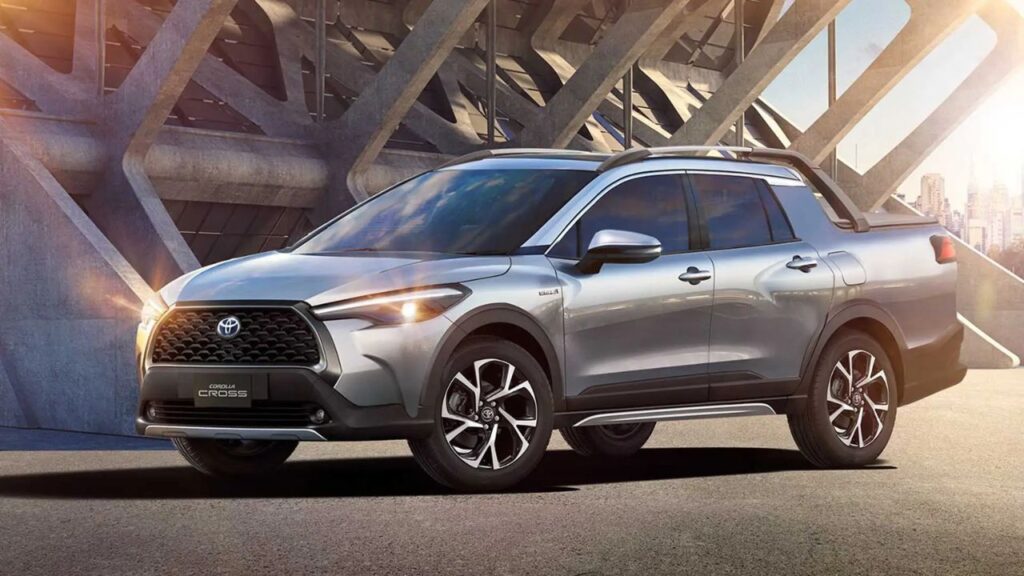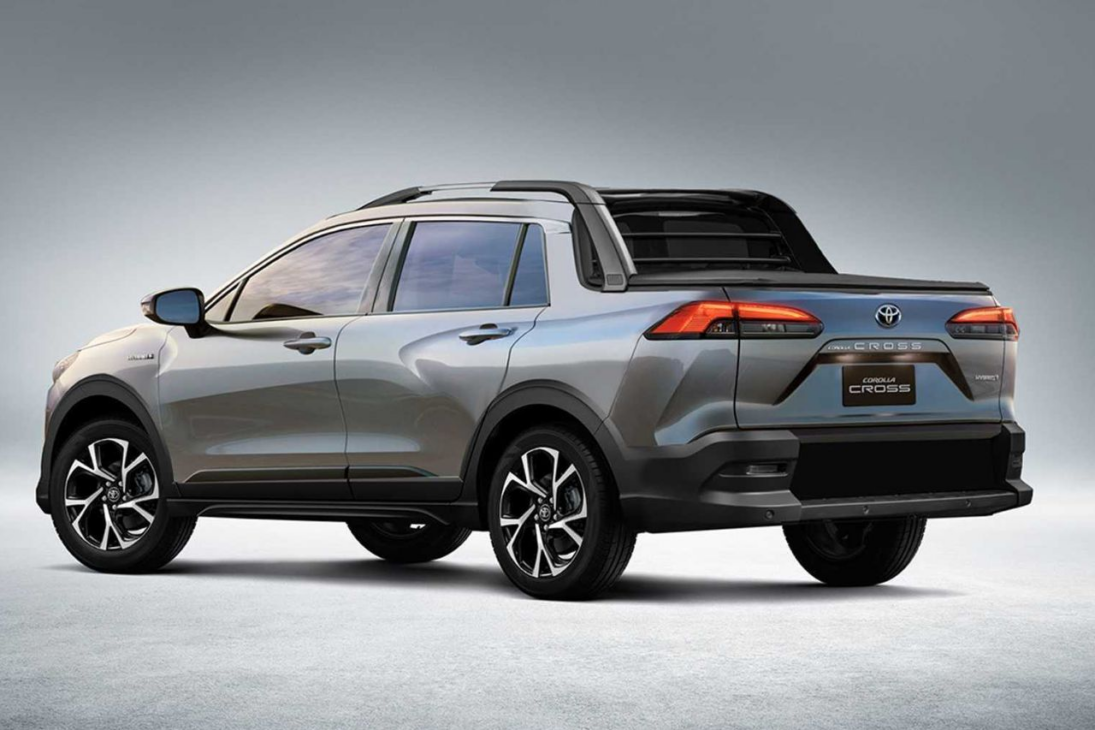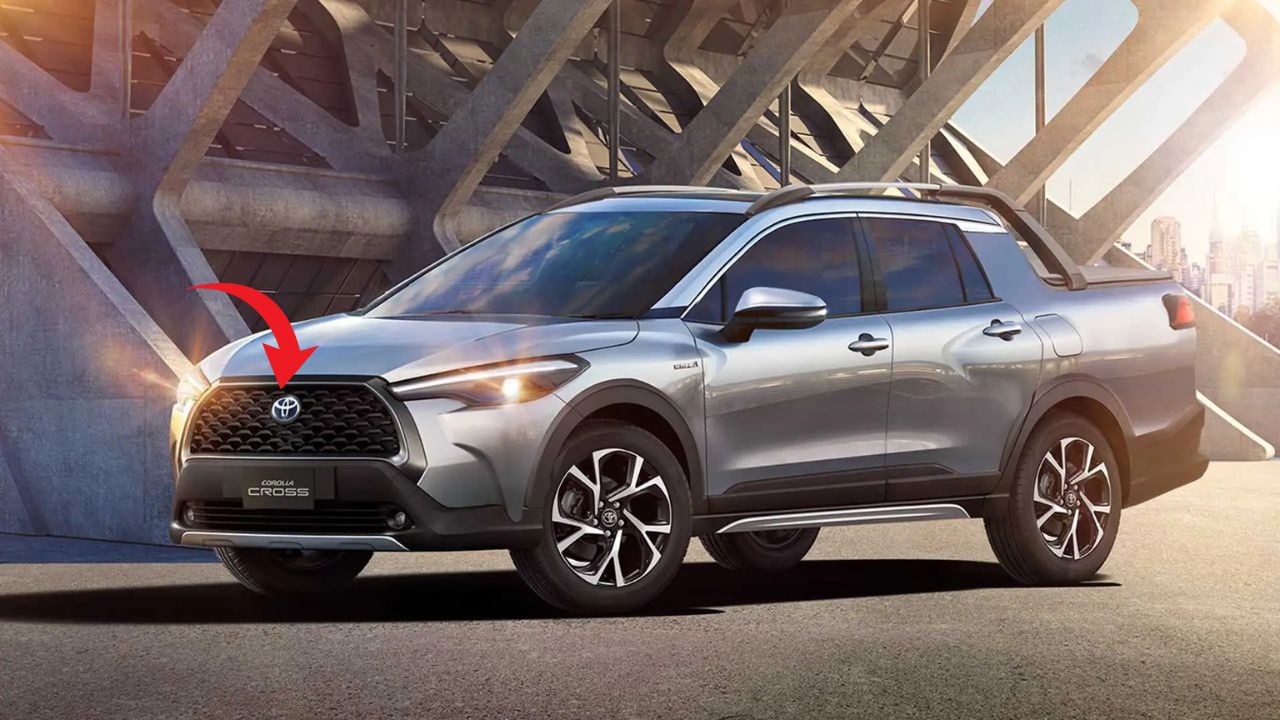Toyota’s hybrid technology has revolutionized the Australian automotive landscape over recent years. Two standout models showcase this technology brilliantly across different market segments.
The Corolla Cross and Camry represent distinct approaches to hybrid motoring. Each vehicle targets specific buyer needs while sharing core hybrid innovation.

Hybrid Technology Foundation
Toyota pioneered mass-market hybrid systems over two decades ago successfully. Their experience shows in refined, reliable powertrains across multiple model lines.
Both vehicles utilize similar hybrid principles with different implementations. The fundamental technology remains consistent while adapting to vehicle-specific requirements.
Understanding Toyota’s Hybrid System
The Toyota Hybrid Synergy Drive combines petrol engines with electric motors seamlessly. This system switches between power sources automatically based on driving conditions.
Regenerative braking captures energy normally lost during deceleration effectively. This recovered energy charges the battery system without external plugging requirements.
Computer control systems optimize power delivery constantly for maximum efficiency. Drivers rarely notice transitions between electric and petrol operation modes.
Efficiency Benefits Across Models
Hybrid systems deliver significant fuel economy improvements over conventional engines. Real-world savings often exceed 30% compared to similar non-hybrid vehicles.
Electric motor assistance provides instant torque for responsive acceleration characteristics. This combination delivers both efficiency and performance simultaneously.
Battery systems require no maintenance or replacement during normal ownership periods. Toyota warranties hybrid components for eight years or 160,000 kilometers.
Corolla Cross: Compact SUV Practicality
The Corolla Cross fills the growing small SUV segment with hybrid efficiency. Its elevated seating position appeals to buyers seeking SUV characteristics.
Ground clearance and all-wheel drive capability handle light off-road conditions. Most buyers appreciate the commanding view and easier entry/exit.
Design and Dimensions
Compact dimensions make the Corolla Cross ideal for urban environments particularly. Parking becomes easier compared to larger SUV alternatives.
Interior space maximizes available room despite external size constraints efficiently. Clever packaging provides surprising accommodation for passengers and cargo.
Styling follows contemporary SUV trends with rugged visual elements throughout. The design appeals to buyers seeking adventure-ready appearance.
Performance Characteristics
The hybrid powertrain prioritizes efficiency over outright performance significantly. Acceleration proves adequate for daily driving without being particularly exciting.
All-wheel drive models provide enhanced traction during adverse weather conditions. This feature appeals to buyers in mountainous or wet climate regions.
Fuel consumption typically ranges between 4.5-5.5 liters per 100 kilometers. These figures represent excellent efficiency for the SUV segment.
Camry: Refined Sedan Excellence
Toyota Camry represents traditional sedan values enhanced with modern hybrid technology. The larger platform allows more sophisticated engineering solutions.
Sedan proportions provide optimal aerodynamics for maximum fuel efficiency potential. Lower center of gravity improves handling dynamics compared to SUV alternatives.
Luxury and Comfort Features
Interior space exceeds Corolla Cross significantly in all dimensions measurably. Rear passengers enjoy generous legroom and headroom accommodation.
Premium materials and build quality reflect the Camry’s higher market positioning. Soft-touch surfaces and refined fitment create upscale cabin ambiance.
Technology integration includes larger displays and more advanced features. These systems provide enhanced connectivity and convenience functionality.
Performance and Handling
The larger engine displacement provides more robust performance than Corolla Cross. Acceleration feels more confident during highway merging and overtaking situations.
Suspension tuning balances comfort with acceptable handling characteristics effectively. The sedan platform naturally provides superior stability compared to SUVs.
Fuel economy typically achieves 4.0-4.8 liters per 100 kilometers consistently. These figures represent exceptional efficiency for the midsize sedan segment.
Interior Space and Practicality Comparison
Passenger accommodation varies significantly between these two Toyota models. Each vehicle targets different family sizes and usage patterns specifically.
Cargo capacity differences reflect the fundamental design philosophies of each vehicle. Practical considerations often determine buyer preferences ultimately.
Seating Comfort Analysis
Corolla Cross front seats provide excellent comfort for daily commuting purposes. Rear seats accommodate two adults comfortably with reasonable space.
Camry seating excels in long-distance comfort with superior cushioning materials. Five adults can travel comfortably for extended periods without discomfort.
Driving position varies dramatically between SUV and sedan configurations significantly. Personal preference often determines which arrangement feels more natural.
Cargo and Storage Solutions
The Corolla Cross offers 487 liters of cargo space behind rear seats. This capacity handles weekly shopping and weekend recreation equipment adequately.
Camry trunk provides 524 liters of storage with superior loading height. The low load floor makes heavy items easier to manage.
Interior storage compartments favor the Camry with more numerous and larger spaces. Cup holders, door pockets, and console storage exceed Corolla Cross capacity.
Technology and Safety Features
Both vehicles include Toyota Safety Sense 2.0 as standard equipment comprehensively. This suite provides essential active safety features across all trim levels.
Infotainment systems share similar interfaces but differ in screen sizes notably. The Camry typically receives larger displays and premium audio options.
Driver Assistance Systems
Adaptive cruise control maintains safe following distances automatically during highway driving. This feature reduces driver fatigue during long-distance travel significantly.
Lane keeping assistance provides gentle steering inputs to maintain proper positioning. The system works effectively without being intrusive during normal driving.
Automatic high beam switching optimizes visibility while preventing glare for oncoming traffic. These systems demonstrate Toyota’s comprehensive safety approach.
Connectivity and Entertainment
Smartphone integration includes both Apple CarPlay and Android Auto compatibility. Wireless connection capability varies by trim level and model year.
Premium audio systems in higher Camry trims deliver superior sound quality. Multiple speakers and amplifiers create immersive listening experiences.
Navigation systems provide real-time traffic updates and route optimization features. Voice control reduces driver distraction while accessing various functions.
Fuel Economy and Real-World Efficiency
Laboratory fuel consumption figures provide baseline comparisons between different vehicles. Real-world driving conditions often produce different results than official testing.
Driving style significantly impacts actual fuel consumption for both vehicles. Gentle acceleration and anticipating traffic maximize hybrid system benefits.
City Driving Performance
Urban stop-and-go traffic conditions favor hybrid technology particularly well. Electric-only operation eliminates fuel consumption during low-speed driving.
Regenerative braking recovers energy during frequent deceleration cycles efficiently. City driving often produces better economy than highway conditions.
Both vehicles excel in urban environments with similar efficiency levels. Real-world city consumption typically ranges between 4.0-5.0 liters per 100 kilometers.
Highway Efficiency Comparison
Sustained highway speeds require continuous engine operation in both vehicles. Aerodynamic differences become more significant at higher speeds consistently.
The Camry’s lower profile provides aerodynamic advantages during highway cruising. This benefit translates to marginally better highway fuel economy.
Long-distance touring typically sees 4.5-5.5 L/100km consumption rates. These figures remain excellent compared to non-hybrid alternatives.
Pricing and Value Proposition
Entry-level pricing differs significantly between Corolla Cross and Camry models. The sedan commands premium pricing reflecting its larger size and features.
Equipment levels vary substantially across different trim specifications offered. Higher trim levels include premium features justifying increased pricing.
Total Cost of Ownership
Purchase price represents only initial investment in vehicle ownership costs. Fuel, insurance, maintenance, and depreciation impact long-term expenses significantly.
Hybrid technology reduces fuel costs substantially over conventional alternatives consistently. These savings accumulate significantly over typical ownership periods.
Toyota’s reputation for reliability minimizes unexpected repair costs generally. Both models should provide dependable service throughout normal ownership periods.
Resale Value Considerations
Toyota vehicles traditionally maintain strong resale values in Australian markets. Hybrid models often command premiums due to efficiency benefits.
Market demand for fuel-efficient vehicles continues growing steadily currently. This trend should support strong residual values long-term.
Popular colors and equipment combinations retain value better than unusual specifications. Conservative choices often prove financially advantageous later.
Target Market Analysis
Each vehicle appeals to distinct buyer demographics with different priorities. Understanding target markets helps clarify which model suits individual needs.
Lifestyle considerations often determine vehicle choice more than technical specifications. Practical usage patterns should guide decision-making processes.
Corolla Cross Buyer Profile
Young families appreciate the SUV’s versatility and efficiency combination particularly. Easy loading and elevated seating position appeal to parents.
Urban professionals value compact dimensions for city parking convenience. The hybrid system reduces commuting costs significantly over time.
Adventure-oriented buyers appreciate all-wheel drive capability for weekend excursions. Light off-road ability expands recreational possibilities substantially.
Camry Buyer Profile
Business professionals prefer sedan refinement and professional appearance traditionally. The Camry projects success while delivering practical benefits.
Long-distance commuters appreciate superior comfort and fuel efficiency combination. Highway stability and quiet operation reduce travel fatigue.
Empty nesters often downsize from larger vehicles while maintaining comfort expectations. The Camry provides luxury feel without excessive size.
Maintenance and Ownership Experience
Toyota’s service network provides comprehensive coverage across Australia extensively. Parts availability and technician expertise ensure reliable service support.
Hybrid systems require specialized knowledge but prove remarkably reliable generally. Most maintenance follows conventional vehicle patterns with minor additions.
Service Requirements
Oil change intervals extend beyond conventional engines due to reduced operating hours. Hybrid operation reduces engine wear significantly over time.
Battery systems require no scheduled maintenance during normal ownership periods. Cooling system maintenance becomes slightly more complex with hybrid components.
Brake system wear reduces dramatically due to regenerative braking assistance. Brake pad replacement intervals often double compared to conventional vehicles.
Warranty Coverage

Toyota provides comprehensive warranty coverage including hybrid system components specifically. Peace of mind comes standard with both vehicle purchases.
Extended warranty options provide additional protection for concerned buyers. These programs can extend coverage well beyond standard warranty periods.
Roadside assistance programs ensure help during emergencies or breakdowns anywhere. 24-hour support provides confidence for long-distance travel.
Environmental Impact Comparison
Both vehicles significantly reduce emissions compared to conventional alternatives consistently. Hybrid technology represents meaningful environmental progress for transportation.
Lifecycle emissions include manufacturing, operation, and disposal phases comprehensively. Toyota continues improving environmental performance across all areas.
Emission Reduction Benefits
Tailpipe emissions drop substantially with hybrid operation particularly in city driving. Electric-only operation produces zero local emissions entirely.
Carbon dioxide output reduces proportionally with fuel consumption improvements generally. These reductions contribute to climate change mitigation efforts.
Particulate matter and nitrogen oxide emissions also decrease with hybrid technology. Air quality improvements benefit urban populations particularly.
Frequently Asked Questions
Q: Which vehicle offers better fuel economy between Corolla Cross and Camry?
The Camry typically achieves slightly better fuel economy due to superior aerodynamics, averaging 4.0-4.8L/100km versus Corolla Cross at 4.5-5.5L/100km.
Q: What are the main differences in interior space between these models?
Camry provides significantly more rear passenger space and cargo capacity (524L vs 487L), while Corolla Cross offers higher seating position and easier entry/exit.
Q: Which hybrid model provides better value for money?
Corolla Cross offers lower entry pricing and SUV versatility, while Camry provides premium features and superior comfort for higher investment.

